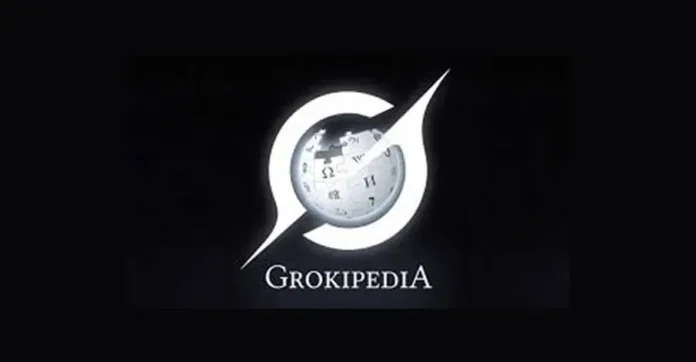
Elon Musk has officially launched Grokipedia, an AI-powered encyclopedia developed by his artificial intelligence company xAI, positioning it as a direct challenger to Wikipedia. Unveiling the platform on his social media site X, Musk declared, “Version 1.0 will be 10X better, and even at 0.1 it’s better than Wikipedia imo.” Users can now access Grokipedia by visiting Grokipedia.com or searching for it online.
Musk first teased the project in late September, describing it as “a massive improvement over Wikipedia” and “a necessary step towards the xAI objective of understanding the Universe.” The site’s minimalist homepage, titled “Grokipedia v0.1,” features a simple search bar powered by xAI’s conversational model, Grok, which also drives Musk’s chatbot on X. According to reports, Grokipedia aims to create a “truth-seeking knowledge base” that delivers fact-driven, bias-free information through artificial intelligence rather than human editors.
Unlike Wikipedia’s open-source, community-driven structure, Grokipedia’s articles are automatically generated and refined by AI with minimal visible human oversight. Musk argues this approach will “cut through bias and bureaucracy” by relying on verifiable data instead of editorial consensus. He has repeatedly criticized Wikipedia for promoting “ideological narratives,” framing Grokipedia as a more objective and transparent alternative.
However, the platform’s initial rollout faced turbulence. During its early launch, Grokipedia briefly went live before going offline. Early visitors noted its interface closely resembled Wikipedia’s layout but contained a limited number of entries covering topics like ChatGPT, Diane Keaton, and the 2026 FIFA World Cup. Reports from The Verge indicated that several entries appeared to mirror Wikipedia text, raising questions about data sourcing and originality.
Grokipedia has also sparked controversy for its perceived right-leaning bias. Publications including The Washington Post and Wired highlighted examples such as the platform’s definition of gender “Gender refers to the binary classification of humans as male or female based on biological sex…” which sharply contrasts with Wikipedia’s more inclusive definition. Analysts say this contrast underscores Grokipedia’s ideological stance and signals Musk’s broader push to reshape digital knowledge through his worldview.
The site’s own article on Musk portrays him in notably favorable terms, asserting that his AI ventures “emphasize AI safety through truth-oriented development rather than heavy regulation” and describing Grok’s design as focused on “maximal truth-seeking and reduced censorship.”
While still in its infancy, Grokipedia represents Musk’s most ambitious experiment yet in reimagining online information, a centralized, AI-driven alternative to Wikipedia’s crowdsourced model. Whether it succeeds may depend on how effectively xAI can balance accuracy, transparency, and ethical responsibility as it builds what Musk calls the next-generation encyclopedia for the AI era.





